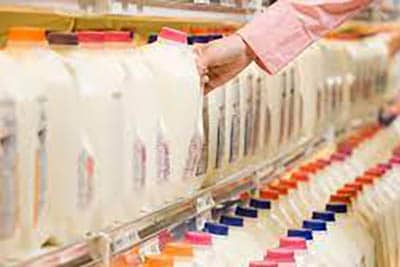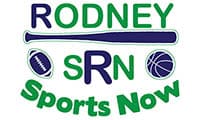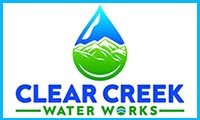Farm Bureau: Enforce milk labeling standards
 Americans deserve to know what they’re buying in grocery stores’ dairy aisles. That’s the message the American Farm Bureau Federation sent the U.S. Food and Drug Administration in comments responding to the FDA’s draft guidance on milk labeling standards. In its comments, AFBF called on the agency to enforce food labeling standards for dairy substitute products and enforce existing prohibitions on the “misleading labeling of nut- and other plant-based beverage products as ‘milk.’”
Americans deserve to know what they’re buying in grocery stores’ dairy aisles. That’s the message the American Farm Bureau Federation sent the U.S. Food and Drug Administration in comments responding to the FDA’s draft guidance on milk labeling standards. In its comments, AFBF called on the agency to enforce food labeling standards for dairy substitute products and enforce existing prohibitions on the “misleading labeling of nut- and other plant-based beverage products as ‘milk.’”
Sam Kieffer, AFBF vice president of public policy said that consumers recognize the health connotations of dairy labels such as ‘milk’ and may infer that any product bearing this term possesses an equivalent nutritional profile. “In many other cases, consumers have been led to believe plant-based alternatives are healthier.”
While AFBF supports a consumer’s right to access dairy-free products, those items are sold in milk cases alongside cows’ milk, typically with labeling that implies they’re dairy products. The organization cited a consumer survey used by the FDA that found one in four Americans—approximately 83 million people—are “confused or have been misled about whether dairy alternatives contain milk.”
Milk and dairy are a vital source of nutrients, including protein, calcium, vitamins A, D and B12, magnesium, phosphorus, potassium, riboflavin, zinc, choline and selenium. And although alternative products labeled as ‘milk’ also contain vitamins and minerals, their nutritional content isn’t the same as dairy milk.
This is concerning from a health standpoint, AFBF asserts. For example, milk and dairy products are a significant source of daily iodine intake, a nutrient important for healthy thyroid function. Plant-based alternatives don’t contain the same amount of iodine, and allowing them to use the term ‘milk’ may insinuate a similar nutritional content. Low iodine intake can negatively impact cognitive performance and neurological development.
Some nutrients in nuts and plants can even be lost during their processing into milk substitutes, and those beverages can contain additives like sugar, AFBF noted.
In Montgomery County, Casey Phillips, a third-generation dairy farmer and owner of Dry Valley Farms, said dairy farmers have “worked tirelessly over many decades to build the trust of consumers by continuously producing safe and high-quality nutrition for our communities.
“That’s why dairy alternatives want to piggyback off dairy’s good name,” said Phillips, Montgomery County Farm Bureau president and member of the Virginia Farm Bureau Federation Dairy Advisory Committee. “I’ve had many conversations with people that honestly believe it’s just as good because it has ‘milk’ on the label.”
Phillips added that allowing dairy alternatives to use ‘milk’ harms him and other dairy farmers, as it can lead to less demand and lower prices for fluid milk.
“When milk prices drop, it makes it harder for us to pay employees more or provide better facilities to make our cows happier and more comfortable,” he said.
AFBF also drew comparisons to other FDA food labeling requirements. Foods labeled as “jams” must contain a minimum amount of fruit, and products that don’t meet a minimum standard for cheese must be labeled “cheese alternative” or “cheese substitute.”
To read AFBF’s full comments, visit bit.ly/3NtoLnx.









